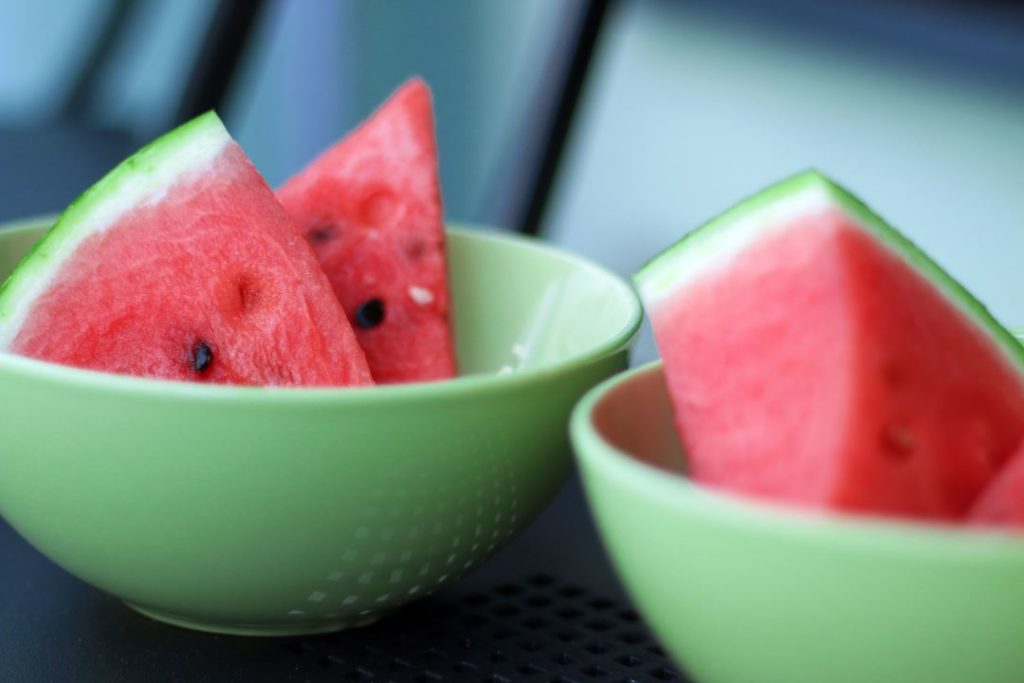
Contents
How your body loses water?
Around 700ml of water is lost through skin and respiration. Around 1.5litre in the form of urine, 100ml is the form of fecal matter and 200ml in the form of sweat. During exercises and hot climate, the body loses more water than normal. During diarrhea, sickness and illness body loses water considerably. If you don’t replace the water you lose, you will become dehydrated.Signs of dehydration
Little or no urine, darker urine than normal, dry mouth, extreme thirst, headache, confusion, dizziness etc.How do we get hydrated?
Every 24 hours the body recycles the equivalent of forty thousand glasses of water to maintain normal physiological functions. Within this process, the body becomes short about 6-10 glasses of water each day. This deficit must be supplied to the body each day. The body needs, on an average of 8-10 glasses of water. Beverages are not the only way of hydrating the body. Water-rich fruits and vegetables like cucumber, watermelon, and strawberries contain minerals, salts, and natural sugars the body needs for optimum hydration levels, so eating them can sometimes rehydrate us more effectively (and a lot more tastily) than water alone. Minimize your intake of chai or coffee. Though they help in reducing your thirst but they don’t have any salts and nutrients our body needs. Energy drinks have more sugar. Increase your intake of lime water, coconut water, buttermilk, fresh fruit juices etc. Don’t wait until you feel thirsty, keep sipping on liquids in between.- Drink water before meals (ideally 30 minute before). This prepares the digestive tract or breaking down foods.
- Drink water anytime you are thirsty – even during meals. Dehydration during food intake dramatically impairs digestion.
- Drink water 2 1/2 hours after a meal to complete the process of digestion and correct dehydration that occurs from the breakdown of food.
- Drink 2 glasses of water first thing in the morning to correct the dehydration that occurs during sleep.
- Drink water before exercising to have water available for creating sweat – an important detoxification mechanism.
- Drink water after exercising to replenish the water lost through perspiration.
- Are pregnant or breastfeeding
- Spending most of the time in hot climate
- During work out
- Have fever
- Have been vomiting
- Have diarrhea
- Have certain medical conditions like kidney stones, infection in bladder etc.
Eat your water!
| Food | Water Content (%) |
|---|---|
| Cucumber | 96.7 |
| Lettuce | 95.6 |
| Celery | 95.4 |
| Radish | 95.3 |
| Tomatoes | 94.5 |
| Green chilly | 03.9 |
| Cauliflower | 92.1 |
| Watermelon | 91.5 |
| Spinach | 91.4 |
| Strawberries | 91 |
| Brocolli | 90.7 |
| Carrots | 90.4 |
| Muskmelon | 90.2 |